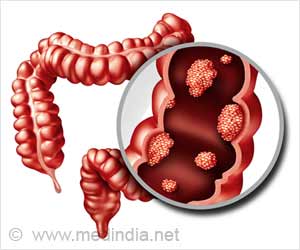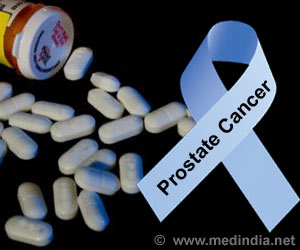A study published online in the Journal of the National Cancer Institute reports no significant association between vitamin D levels and the overall risk of dying from cancer.
A study published online in the Journal of the National Cancer Institute reports no significant association between vitamin D levels and the overall risk of dying from cancer. However, higher vitamin D levels were associated with a decreased risk of colorectal cancer death.
Several epidemiological studies have supported the hypothesis that that vitamin D can reduce cancer mortality by decreasing cancer incidence or improving survival. Animal and cell studies suggest that vitamin D may reduce tumor growth and induce cancer cell death. Diet and exposure to sunlight are the major sources of vitamin D.D. Michal Freedman, Ph.D., of the National Cancer Institute in Bethesda, Md., and colleagues analyzed data from the third national Health and Nutrition Examination Survey to examine the relationship between levels of circulating vitamin D in the blood and cancer mortality in a group of 16,818 participants aged 17 and older.
After about a decade of follow-up, 536 participants had died of cancer. Cancer mortality was not related to the level of circulating vitamin D for the overall group, nor was it related when the researchers looked at the data by sex, race, or age. But higher levels of vitamin D (80 nmol/L or more) were associated with a 72 percent reduced risk of colorectal cancer mortality, compared with lower levels (less than 50 nmol/L).
“To our knowledge, this study is the first to examine the relationship between measured serum vitamin D levels and cancer mortality for selected site and for all sites combined,” the authors write.
In an accompanying editorial, Cindy Davis, Ph.D., and Johanna Dwyer, D.Sc. of the National Institutes of Health in Bethesda, Md., discuss the complicated relationship between nutrients, like vitamin D, and cancer. They suggest that not enough is known about the benefits and limitations of vitamin D to use it for the prevention of disease or death.
“These findings must be put into the context of total diet and lifestyle. There are many risk factors other than diet for colorectal cancer, and there are many possible dietary risk factors other than vitamin D that have been linked to cancer risk,” the editorialists write.
Advertisement
GAN/V











